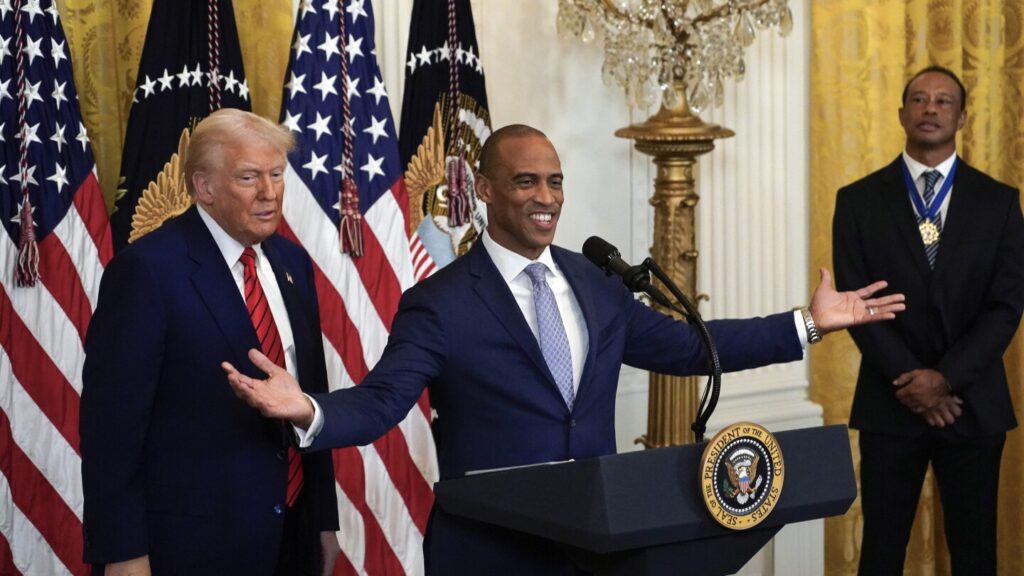The Trump administration’s decision to freeze over $60 million in funding designated for affordable housing developments has left numerous projects in uncertainty, as revealed by documents obtained by The Associated Press. This funding freeze is part of a series of actions including staffing cuts and contract cancellations within the U.S. Department of Housing and Urban Development, causing widespread unease in the affordable housing sector.
The frozen funds, intended for small community development nonprofits as seed money for affordable housing projects, are now in limbo due to the cancellation of contracts with two of the organizations chosen to distribute the grants. This move has halted work, risking local jobs, impeding affordable housing creation, and stalling progress in numerous communities.
Despite assurances from HUD that the program, Section 4, will continue in some form, the timing and method of fund distribution to small nonprofits remain uncertain, disrupting their operations. The impact is tangible, with projects like a 36-unit affordable housing development in Biloxi, Mississippi, facing delays and potential setbacks due to the frozen grant dollars.
The repercussions extend beyond just the frozen grants, as for every dollar disbursed by organizations like Enterprise Community Partners, local nonprofits leverage significant additional capital for projects. The cancellation of contracts has been linked to compliance issues with diversity and inclusion initiatives under Trump’s executive order, adding another layer of complexity to the situation.
The uncertainty surrounding the frozen funds jeopardizes not only current projects but also exacerbates housing shortages and could potentially lead to increased homelessness. The affected nonprofits, including Habitat for Humanity International, are grappling with the consequences of the funding freeze, with the future of many affordable housing initiatives hanging in the balance.

